Solar Panels: Are They Worth It?
Some of the most frequently asked questions from people considering solar is “are they worth it?” and “is this a good investment for me?” These are great questions to ask when contemplating any sizable investment. Fortunately, there is extensive data available to show that solar panels are indeed a good investment, as they not only save you money and help the planet, but can even lead to profits in the long run.
“How Long Will it Take Me to Break Even?”
Ideally solar owners will pay off the costs of their solar system in the shortest time period possible, and thus have a high return on investment (ROI) and a short payback period. Solar panel ROI is the amount of money saved on energy costs over the lifetime of the solar panels divided by the initial cost of installation. In other words, it is the number of years it will take for the energy savings to pay off the cost of installation. The return on investment (ROI) for solar panels is relatively high, making it a worthwhile investment.
Factors influencing ROI
Several factors influence the ROI of solar panels, such as the cost of electricity in your area, the cost of installation, the amount of energy your solar panels produce, and the incentives available to you, including net metering policies.
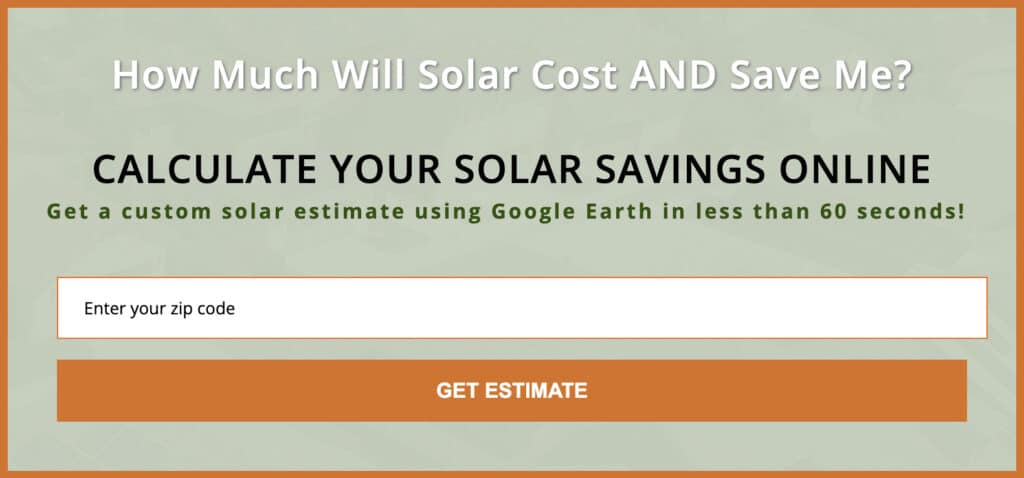
The cost of electricity in your area plays a significant role in the ROI of solar panels. Areas with high electricity prices will see a more significant return on investment because solar panels can offset the high cost of electricity. Conversely, areas with low electricity prices will have a lower ROI.
The cost of installation includes the cost of the solar panels, the inverter, mounting hardware, and labor. The cost of installation varies depending on the size and complexity of the system, the type of panels used, and the location of the installation. A larger system will cost more, but it will also produce more energy, which can result in a higher ROI.
The energy production of your solar panels will determine how much money you can save on electricity bills. The amount of energy your solar panels produce is dependent on several factors, such as the size and orientation of the panels, the angle of the roof, and the amount of sunlight the panels receive.
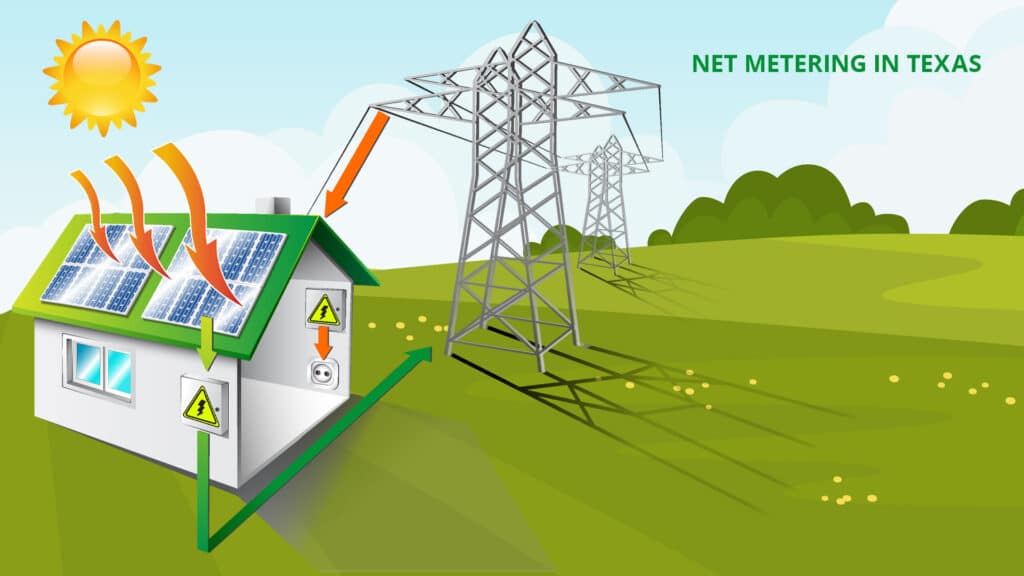 Incentives can significantly impact the ROI of solar panels. Governments and utilities offer incentives to encourage homeowners and businesses to invest in solar panels. These incentives can take the form of tax credits, rebates, or performance-based incentives. Most notable is the Solar Investment Tax Credit (ITC) which allows you to claim a tax credit equal to 30% of the cost of your solar installation on your federal taxes These incentives can help to reduce the initial cost of installation and increase the ROI.
Incentives can significantly impact the ROI of solar panels. Governments and utilities offer incentives to encourage homeowners and businesses to invest in solar panels. These incentives can take the form of tax credits, rebates, or performance-based incentives. Most notable is the Solar Investment Tax Credit (ITC) which allows you to claim a tax credit equal to 30% of the cost of your solar installation on your federal taxes These incentives can help to reduce the initial cost of installation and increase the ROI.
Net metering policies also affect your ROI. If a net metering policy is available in your area, leveraging it can yield a powerful advantage by unlocking the value of existing assets like your roof. This can optimize your energy and turn it from a cost into a source of revenue. Going solar immediately reduces your bill, and with net metering allowing you to sell excess solar electricity into the grid, you can actually monetize your surplus solar energy to create an additional revenue stream that reduces your payback period. Net metering policies that pay higher rates for your clean electricity will lead to higher returns.
Average ROI in Texas
So, what is the typical ROI for solar panels? The answer is that it varies depending on the factors discussed above. However, on average, homeowners in Texas can expect to see a return on investment in around 10 years. This means that after 10 years, the energy savings will have paid off the initial cost of installation. After that, the homeowner will continue to save money on energy bills for the life of the solar panels.
ROI Calculator
It is essential to note that because the ROI for solar panels is dependent on so many variables, it is critical to evaluate the ROI carefully before going solar. One way to calculate the ROI of solar panels is to use a solar panel ROI calculator. These calculators take into account the cost of installation, the amount of energy your solar panels are likely to produce, and the cost of electricity in your area. By using a solar panel ROI calculator, you can get an estimate of the ROI for your specific situation.
Other Benefits
The ROI for solar panels is not the only benefit of investing in solar panels. Solar panels are an excellent way to reduce your carbon footprint and contribute to a more sustainable future. Installing solar panels will also “lock-in” your electricity rate to avoid future price hikes and increase the value of your home, making it a smart investment for homeowners.
Going Solar with NATiVE
So, to answer the question, yes, solar panels are worth it! They are an excellent investment for homeowners and businesses alike because the ROI for solar panels is relatively high. Have any more questions about how solar can save you money? Schedule a consultation to go over details with our experts to determine if solar is right for you. NATiVE is here to help you through every step of your clean energy transition, and save you the most money possible while doing it. Go solar with NATiVE and


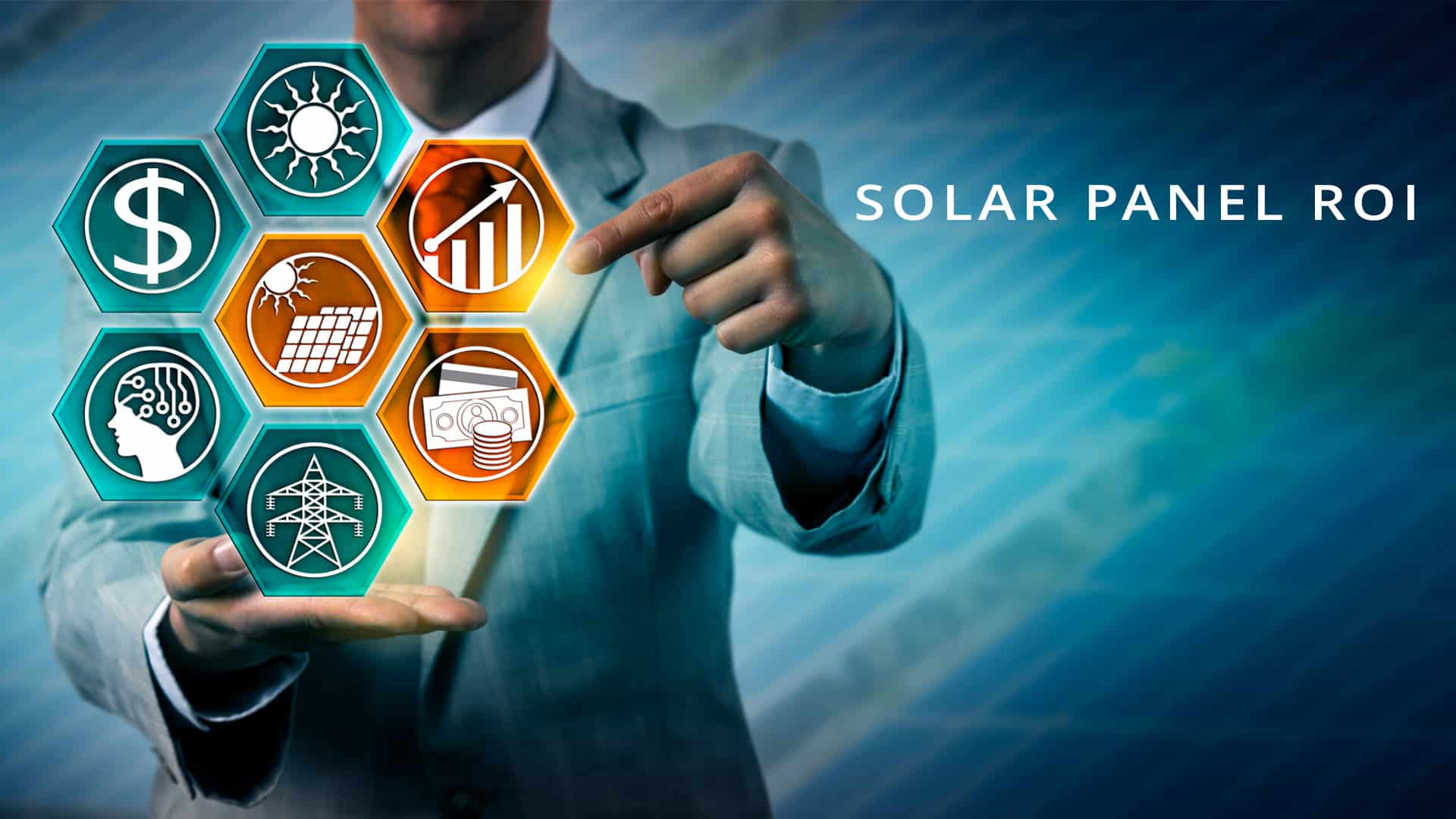








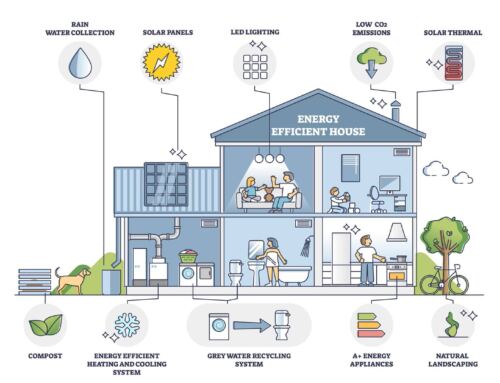
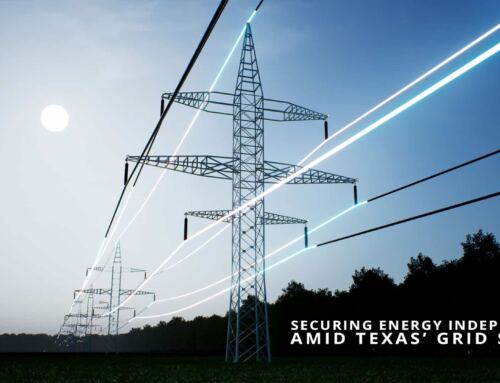
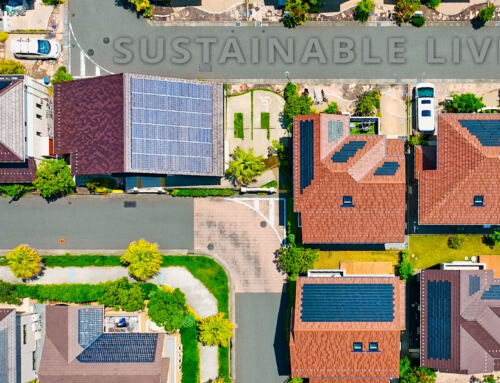




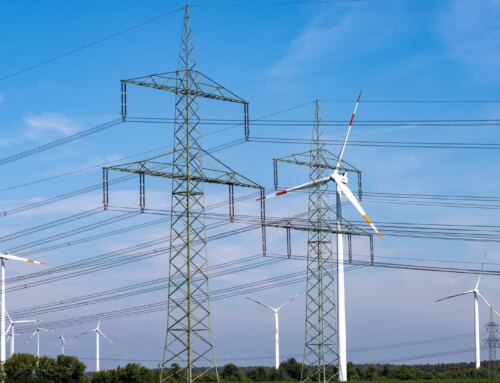


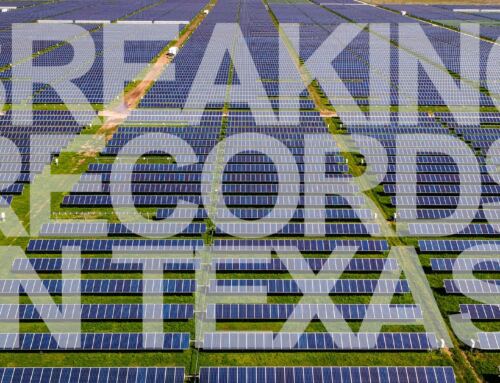
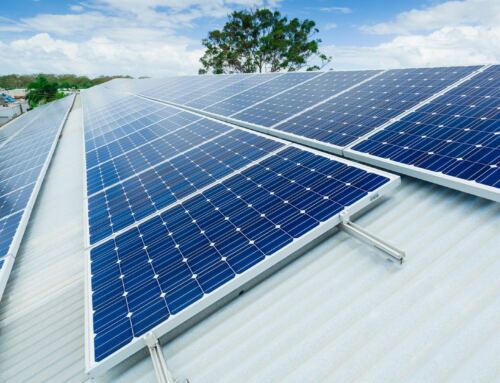


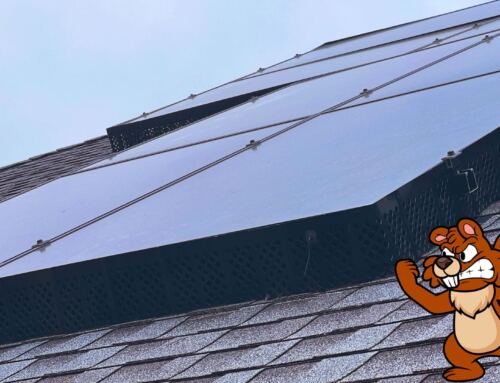


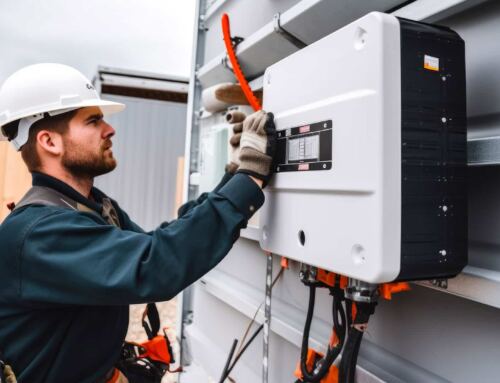
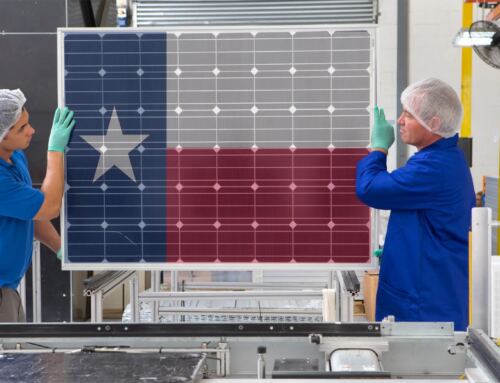
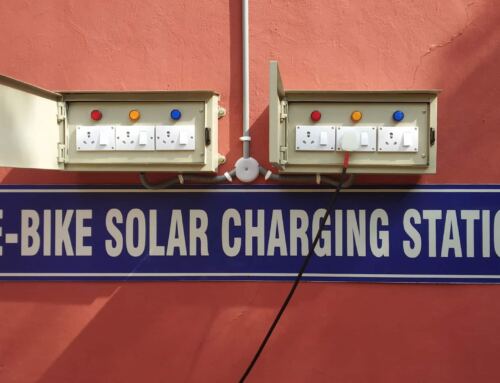

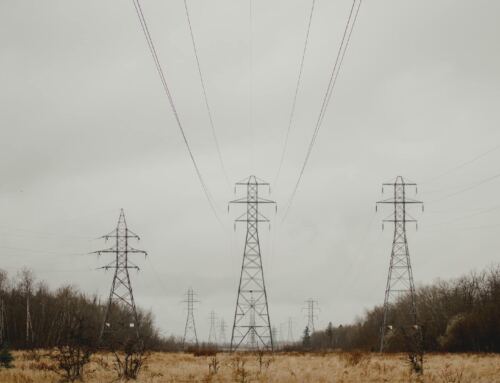
[…] EXPERTISE IN SYSTEM DESIGNThe journey toward an efficient and effective solar system begins with the intricate art of system design. Crafting the perfect design necessitates a deep understanding of solar technology, meticulous consideration of factors like panel orientation, tilt angles, shading analysis, and seamless integration with your existing electrical grid. Our group of trusted solar designers and installers possess the expertise to curate a system that is uniquely tailored to your home, ensuring optimal energy production and a substantial return on your investment. […]
[…] Return on Investment (ROI) Beyond immediate cost savings, installing solar panels in Texas offers a promising return on investment (ROI) over time. Thanks to the state’s generous solar incentives and favorable regulatory environment, […]